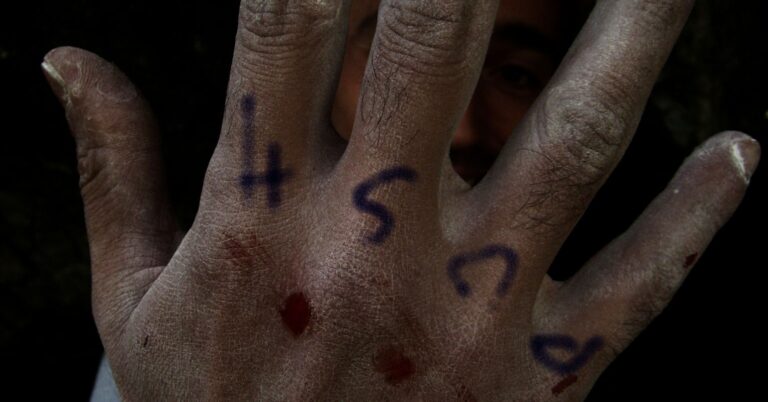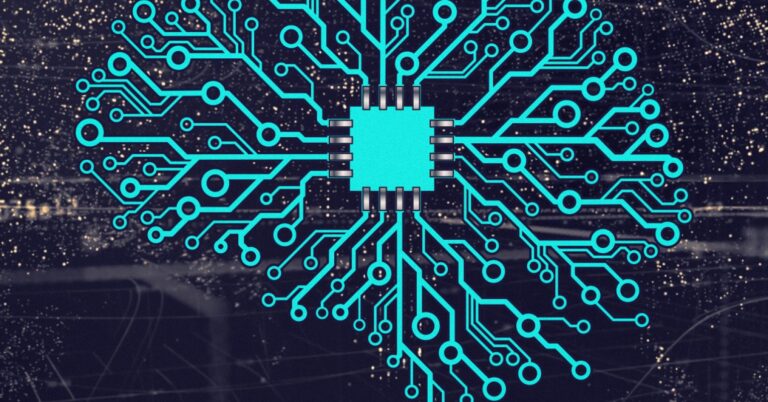Does surveillance have a place in mental health?
The survivors’ nearly universal, post-suicide refrain is some version of: “We can now see the signs for what they were.” What if, before it was too late, we could have been alerted to these signs? Even for less acute situations and experiences, it is often said, “The signs were there the whole time.”
We can take control of our own digital lives (and data) in ways that allow ourselves and friends to take action on the signs that we often “see” too late. There is a role for real-time monitoring in mental health.
We are all already being monitored in myriad ways (our Amazon purchases, Google searches and emails, Netflix views, etc.). Our K12 students are being monitored actively for their mental health via various software. What about mental health monitoring for the rest of us?
Well, there is a way. First, let’s consider the landscape.
The Promise of Surveillance
There are publicly available records of Meta’s own internal research on the impacts of Instagram that describe how, for example, Meta knows who is feeling what ways. Other tech companies know (or tell us) what we think, need, and feel. It’s called Surveillance Capitalism.
As a result, for better or worse, 15-29-year-olds expect that the people around them should already know how they’re feeling and that someone should already be on their way with support.
These digital signals could allow us to take preventative actions for those with early signs of mental health duress. Shouldn’t we use that?
Probably. But it’s tricky.
The Pitfalls of the Panopticon

A panopticon design inside one of the buildings of the Presidio Modelo
Source: By Friman, CC BY-SA 3.0
Whether we call it prompted check ins, safety checks, productivity monitoring, alerting, spying, or surveillance, the underlying principles are more or less the same when it comes to leveraging software and digital data to know what’s going on with those around us.
Within our institutions (89% of K12 schools) we are already being surveilled. Students know it. That’s why they either eschew or game school-sanctioned communications channels. They know their communications are being tracked and audited. In corporate settings, your communications can likewise be scrutinized.
To avoid the gaze of authorities, students and corporate employees turn to group texts, Discord, GroupMe, Snap, etc. for their “real” conversations.
Additional examples of these avoidance techniques are enumerated in The Center for Democracy & Technology’s 2022 study, “Hidden Harms: The Misleading Promise of Online Monitoring.” Students report that they are not expressing themselves openly online or accessing important resources, and it could be leading to unrealized harms:
- Approximately 5 in 10 students agree with the statement: “I do not share my true thoughts or ideas because I know what I do online may be monitored.”
- Approximately 8 in 10 students agree with the statement: “I am more careful about what I search online because I know what I do online may be monitored.”
Don’t Get It Twisted: Gen Z Does Not Want to Be Tracked by Mom
The counterpoint to The Center for Democracy & Technology’s claims is a flurry of recent articles across the web proclaiming that “Gen Z wants their parents to track them.”
Don’t fall for that clickbait. The non-scientific “research” for the original “Gen Z wants to be tracked” article consists of a Life360 survey of 1200 adults who are users of the Life360 app (i.e. biased much?)
The claim is basically a product advertisement in the guise of objectively conducted scientific research.
HIPAA What?
We face an intractable paradox.
Across countless interviews, focus groups, and user surveys some version of this truism emerges: “I want my people to know how I feel sometimes. I just can’t let them know it’s me who’s feeling that way.”
Why can’t they tell us?
The glib and oft-recited response is: stigma, shame, embarrassment.
The reality is more nuanced.
Student-athletes say it’s because they don’t want to lose playing time.
Surgeons, attorneys, nurses say it’s because they don’t want to be pulled from the OR, courtroom, or off the floor (as well as face licensing risks).
First responders and military say it’s for multiple different reasons—including stigma and machismo—but also because they don’t want to be kept from a promotion.
None of these people can “have it on my record.”
Say and believe what you want about HIPAA, but there are lived experiences of those who have suffered an undesirable consequence with their playing time, academic matriculation, career, or earnings because they shared too much about their mental health with someone within their institution.
Radical Proposal: Monitoring Ourselves
How do we reconcile these two warring ideals that, on the one hand, “I want the people around me to know how I’m feeling,” and on the other, “I will actively evade being surveilled”?
A radical suggestion we’ve come up with at VEXT is: What if we monitored each other ourselves?
What if we leaned into the technology that already knows how we’re feeling, what we’re thinking, and why we’re acting?
Every day we acquiesce to giving yet another app more permissions to access our data. If we’re already willing to share with others the data that’s needed in order to prevent terrible outcomes, why not take control of that data and use it for ourselves!
Asserting Control of Our Data
For those who we want to be part of our mental health tribe, we can create mental health data visibility for one another.
We can take our mental health digital data out from behind the veils they currently live behind. We can anonymize them. Share them in ways that the people around us can see when there are outliers amongst friends who are struggling. This is part of the Push Paradigm. And VEXT is proving it can be done efficaciously.
We don’t have to “spy” or “surveil.” We can agree to share with our friends, family, teammates, and unit members in anonymous ways that still keep others from necessarily knowing it’s me who’s feeling some kind of way.
There are ways to see the signs of duress now — before it’s too late — for what they are.
If you or someone you love is contemplating suicide, seek help immediately. For help 24/7 dial 988 for the National Suicide Prevention Lifeline, or reach out to the Crisis Text Line by texting TALK to 741741. To find a therapist near you, visit the Psychology Today Therapy Directory.




















+ There are no comments
Add yours